Teaching
Professor Dufek teaches a range of undergraduate and graduate courses focused on the interaction of the solid Earth and the atmosphere, volcanology and fluids, and computational, field and lab measurements. These courses particularly focus on experiential learning; student performing measurements, calculations and experiments to develop understanding.
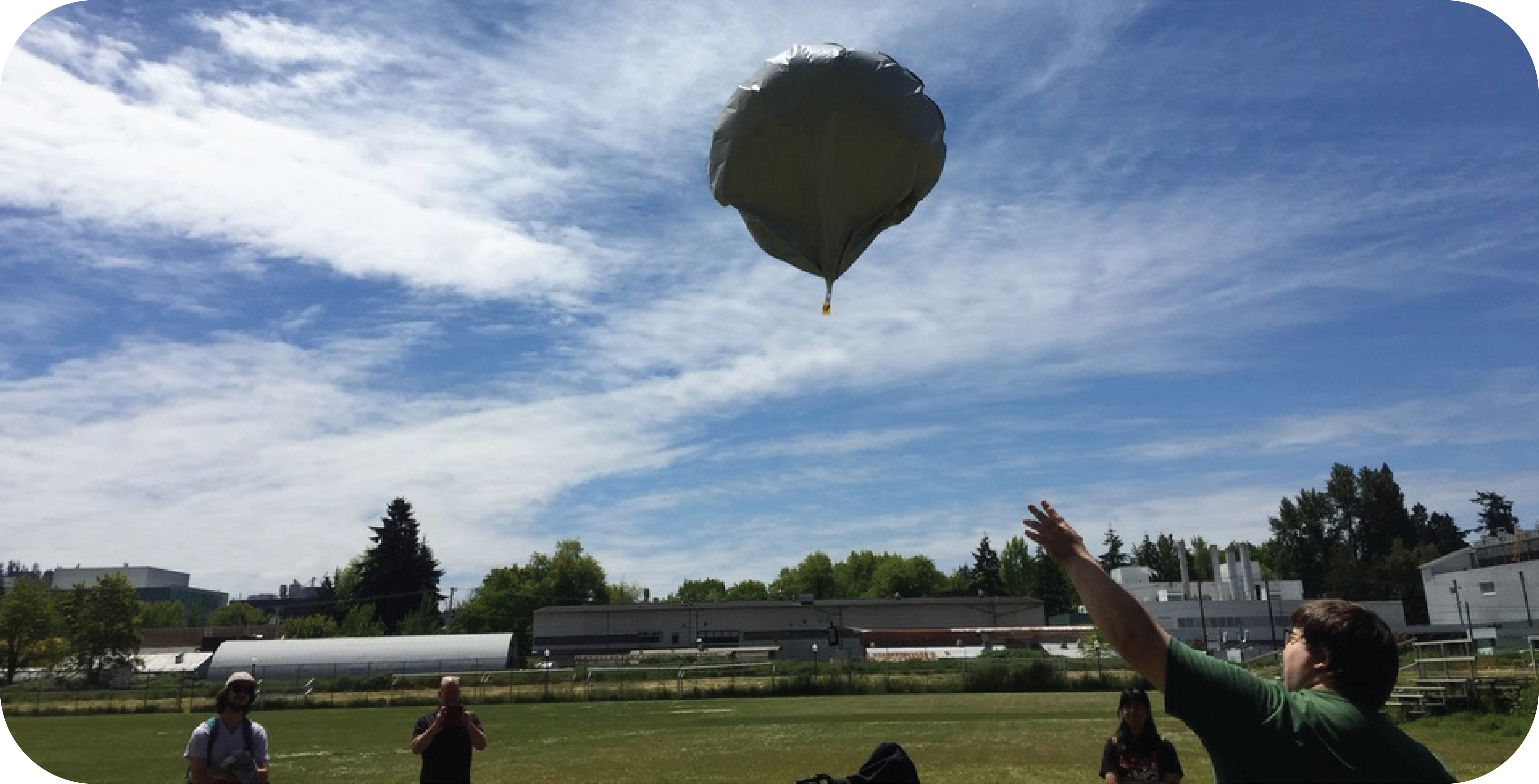
Classes:
• Building an Atmosphere (ERTH 399): In this class students use planetary observations and the climate record to understand atmospheric structure and dynamics in an exercise in comparative planetology. In the process they develop the tools to calculate energy balance in the atmosphere and understand heat transfer arguments, feedback mechanisms, the connection of the atmosphere with the degassing history of a planet, stellar evolution’s impact on atmospheric conditions, and the evolving composition and temperature of our present atmosphere.
• Geophysical and Environmental Sensors: Sensor Theory, Integration and Computation (ERTH 416/516, 2021, 2022, 2023): Advanced class for undergraduate and graduate students that provide students an introduction to sensors, microcontrollers, automation, data collection and scripting from the perspective of sensing the Earth and the environment. The course particular focuses on material and electrical properties of materials that make them good candidates for either active or passive sensors and using these properties to detect quantifiable changes in the environment and combines theory, microcontroller programming, and sensor design and testing.
• Advanced Volcanology (ERTH 692, 2018, 2020, 2023): Advanced class for undergraduate and graduate students that examines the physics of magma transport, the eruptive process and modern techniques of real-time observation. This class also examines in a broader sense the role of magma production, volatile budgets and large scale heat transfer.
• Field Methods in Volcanology (ERTH 410/510, 2018, 2019, 2023): Project based class for advanced undergraduate and graduate students. Students work on developing writing skills, learn field skills, and develop proposals. The course involves a field component where students complete their projects and also learn about modern techniques used in volcanology.
• Finite Volume Methods (ERTH 607): This class focused on developing the modelling skills of graduate students, and focused on developing a deep understanding of the finite volume approach to discretizing conservation equations. The course focused on hands-on programming and students worked on several projects and became familiar with the Talapas cluster.
• International Volcanology Seminar (ERTH 607): This course is designed to promote the science of early career researchers in volcano science, foster community in this field, enhance professional development of graduate and postdoctoral researchers, and promote equity and representation in volcanology. Each week (on Tuesday) global participants will participate in a seminar that features the work of an early career scientist, panels on professional development, or a webinar related to advances in volcanology, particularly those related to the SZ4D initiative. Every week we also discuss papers related to the upcoming seminar.
Courses taught (Georgia Tech)
• Geofluids (2010, 2011, 2013, 2015, 2017) – Intermediate class for undergraduate and graduate students that examines fluid dynamics of geologic and atmospheric processes, from low Reynolds number to high Reynolds number, compressible flows.
• Natural Hazards (2011, 2012) Introductory class that examines the conceptual physics behind different natural hazards, the history of their study, and introduces hazard mitigation concepts. I have taught this class as a joint public policy class where we read primary literature from the time of the hazard and also examine the public perception compared to on-going scientific analysis.
• Physical Sedimentology (2014) Intermediate class examining the fluid-particle and particle-particle interactions that occur in the atmosphere, land surfaces and surface waters that redistribute sediment. Course would emphasize how local interactions lead to large-scale phenomena and would review the history of study of particle-suspension and bed-load theory.
• Physical Volcanology (2009, 2012, 2014, 2016) Advanced class for undergraduate and graduate students that examines the physics of magma transport, the eruptive process and modern techniques of real-time observation. This class also examines in a broader sense the role of magma production, volatile budgets and large scale heat transfer.
• Environmental Field Methods (2014) Undergraduate capstone class involving geochemistry and geophysics of the coastal/marine environment (activities based out of Atlanta and Savannah).
• Volcanic Field Methods (2013, 2014, 2016) Project based class for advanced undergraduate and graduate students. Students work on developing writing skills, learn field skills, and develop proposals. The course involves a field component where students complete their projects and also learn about modern techniques used in volcanology.
• Multiphase Flow (2015) Advanced undergraduate and graduate class on turbulent flow and modern theoretical, computational and experimental techniques that can be used to understand two-way feedback in particle-fluid systems.
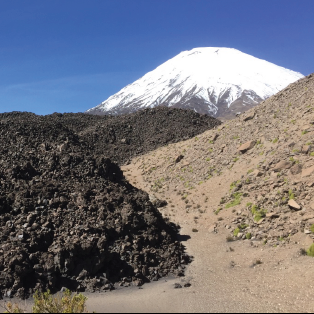
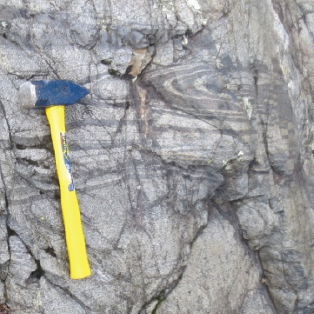
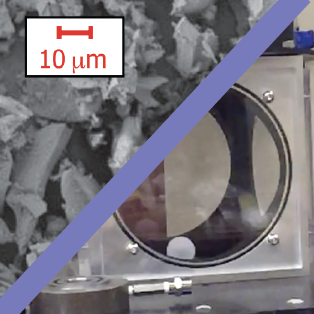
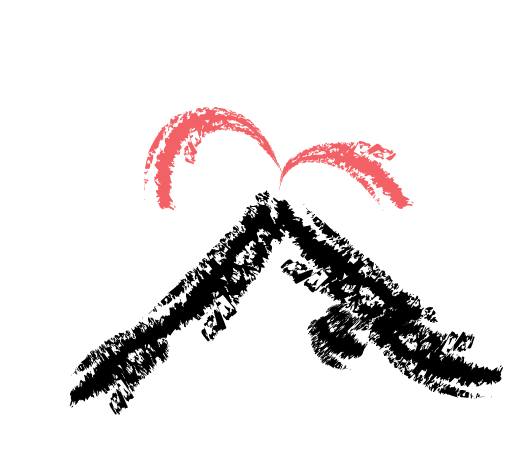

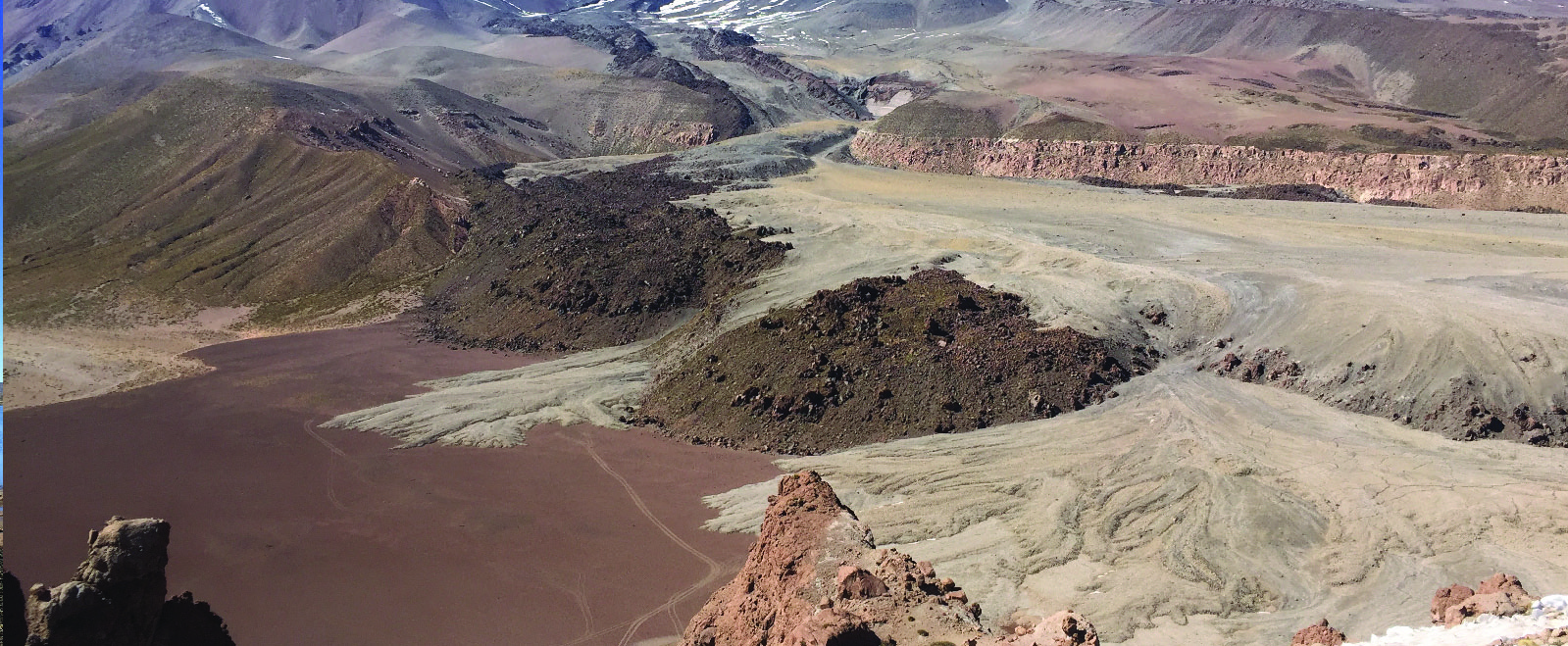
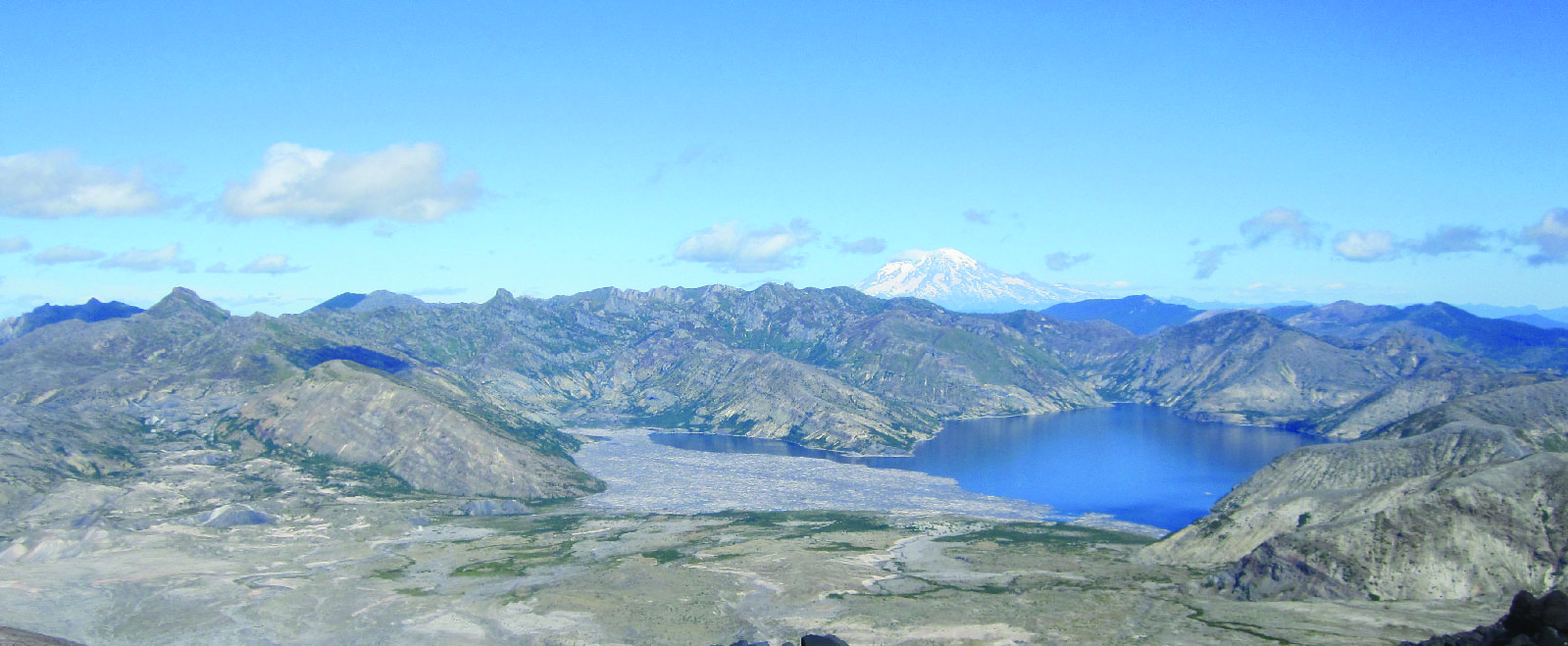
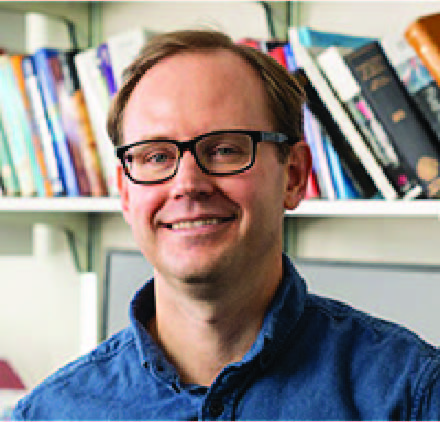
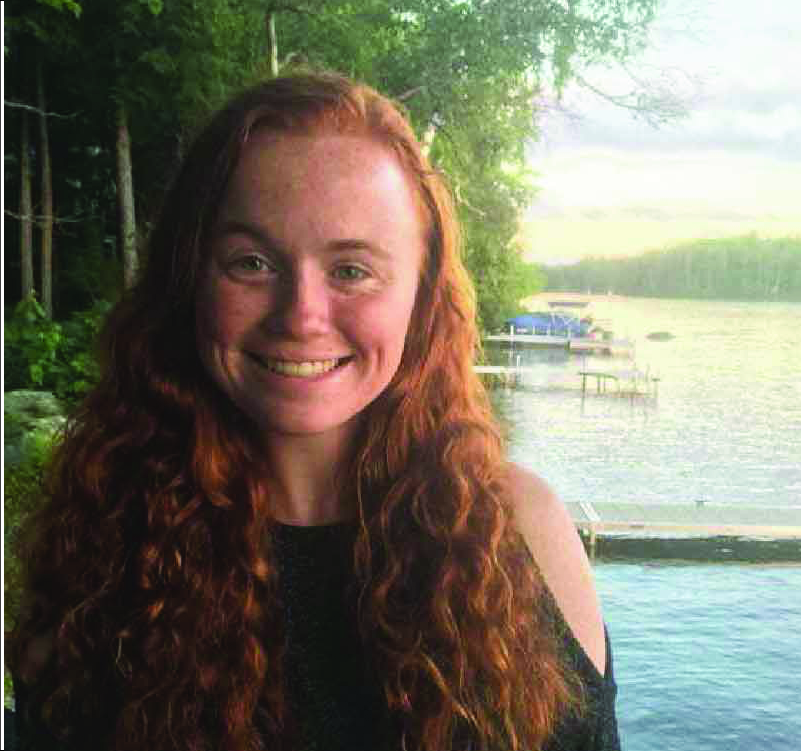
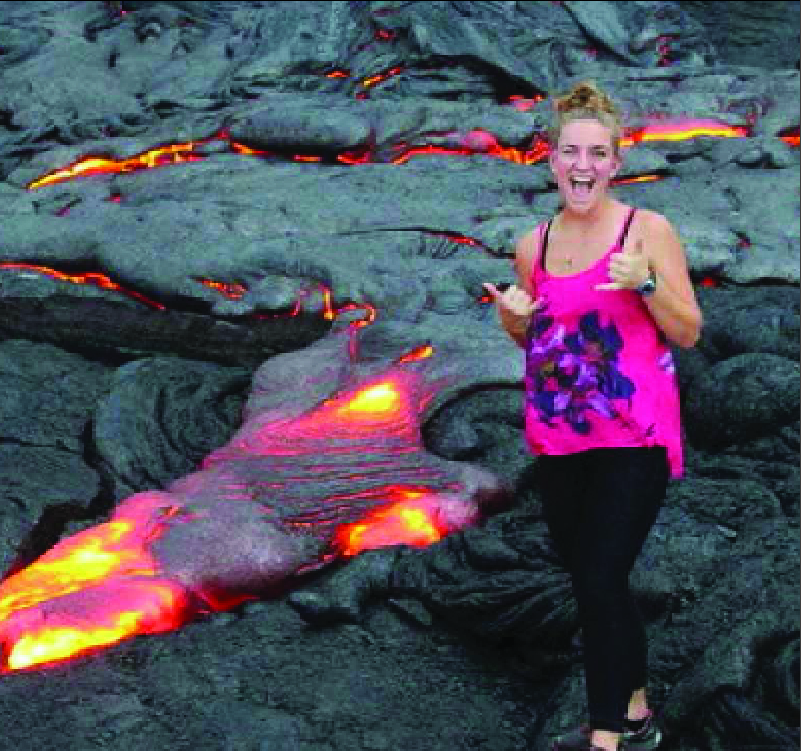

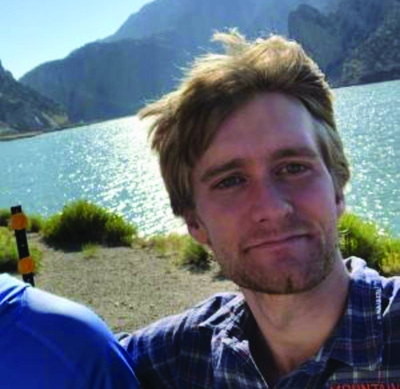
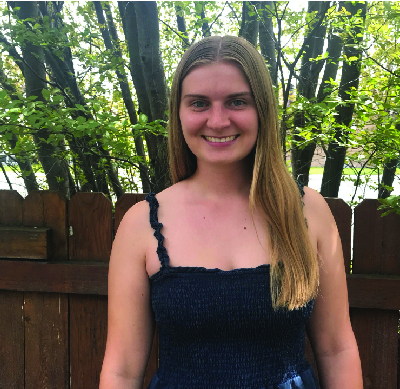
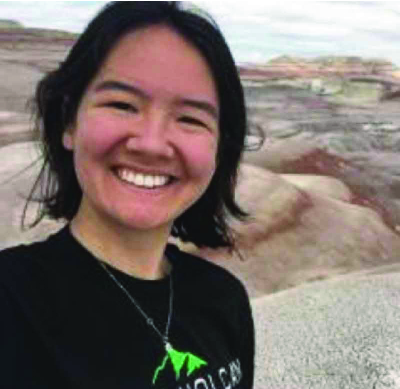
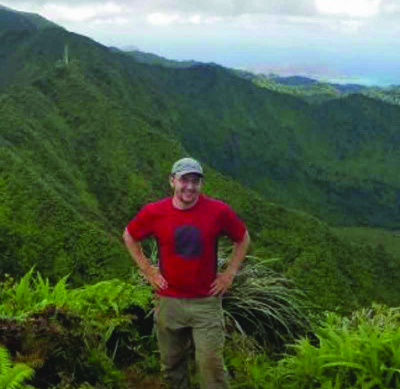
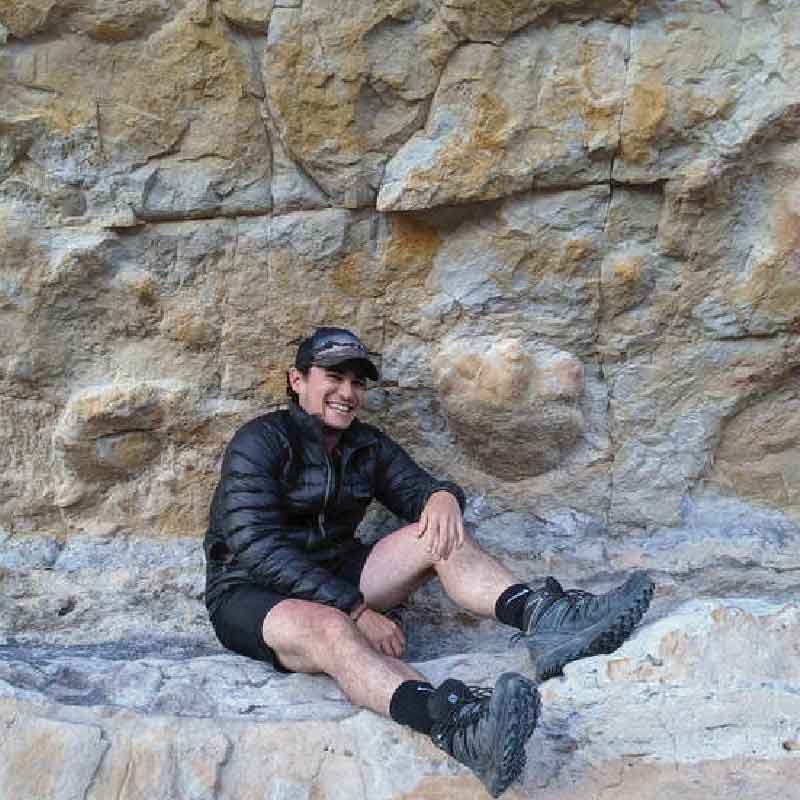
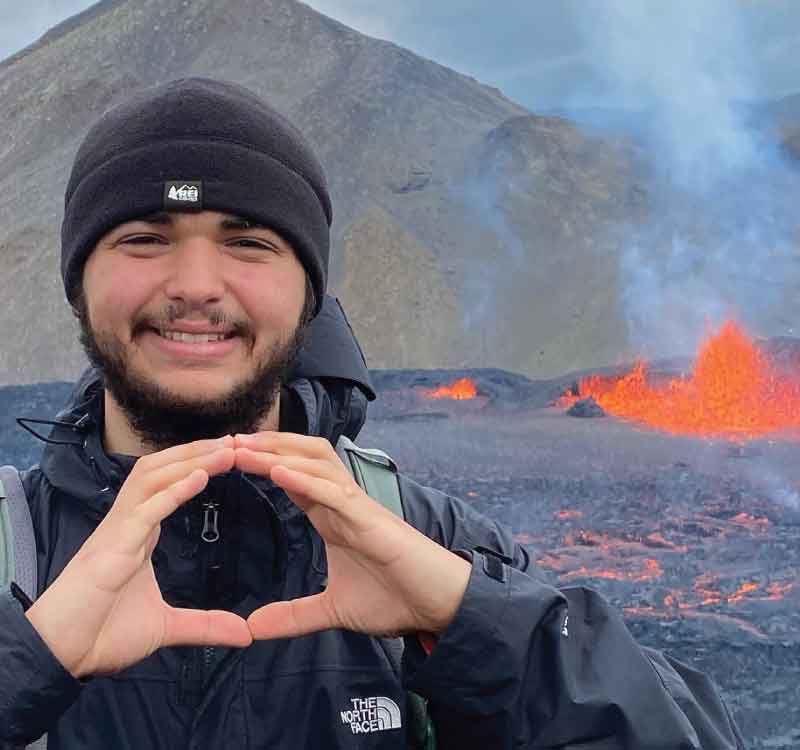
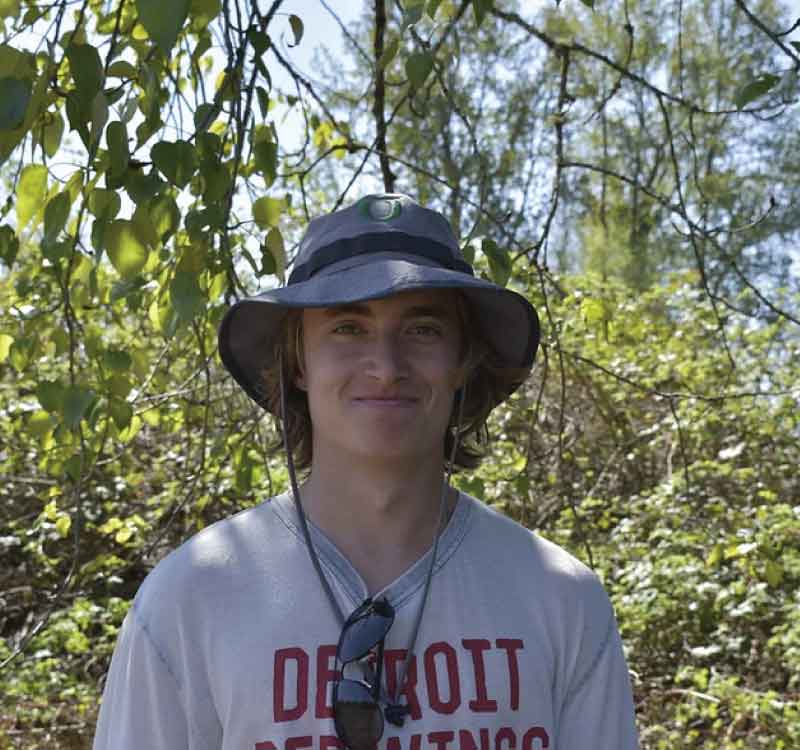
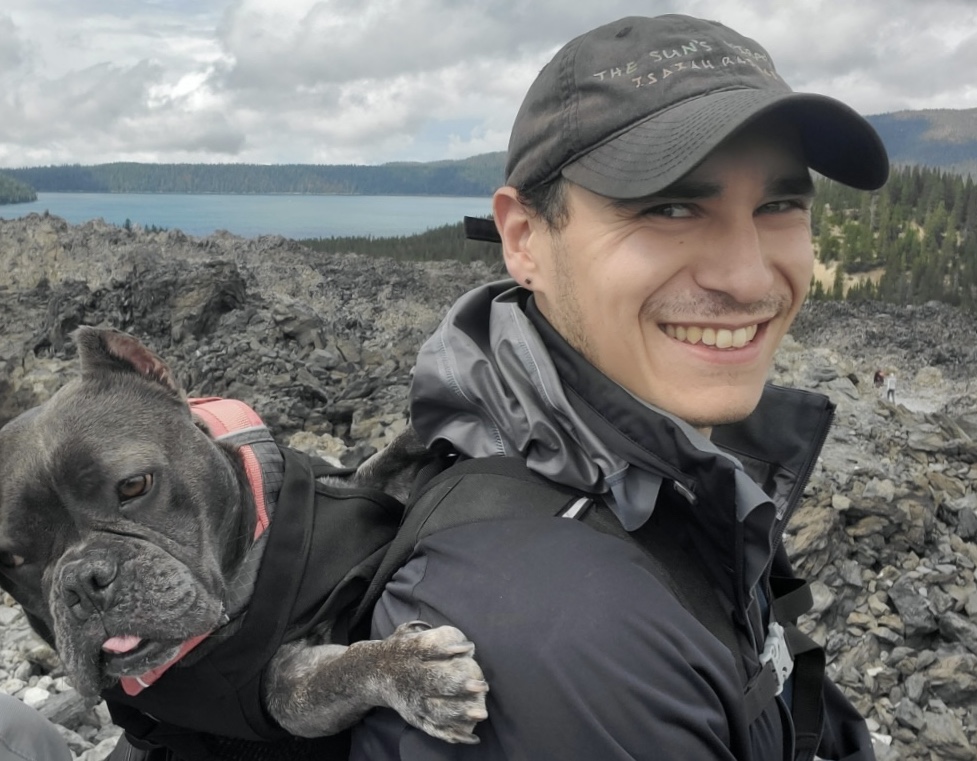 ‘y research focuses on how geophysical granular flows (e.g., debris flows, pyroclastic density currents, and debris avalanches) interact with their substrate.
‘y research focuses on how geophysical granular flows (e.g., debris flows, pyroclastic density currents, and debris avalanches) interact with their substrate.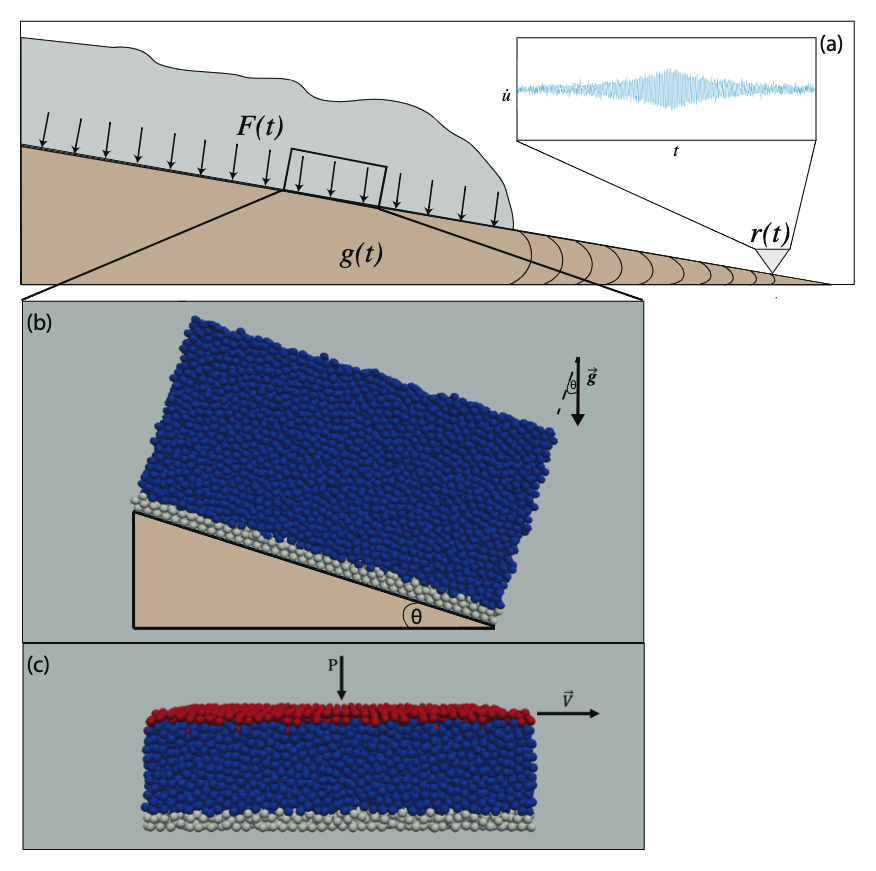
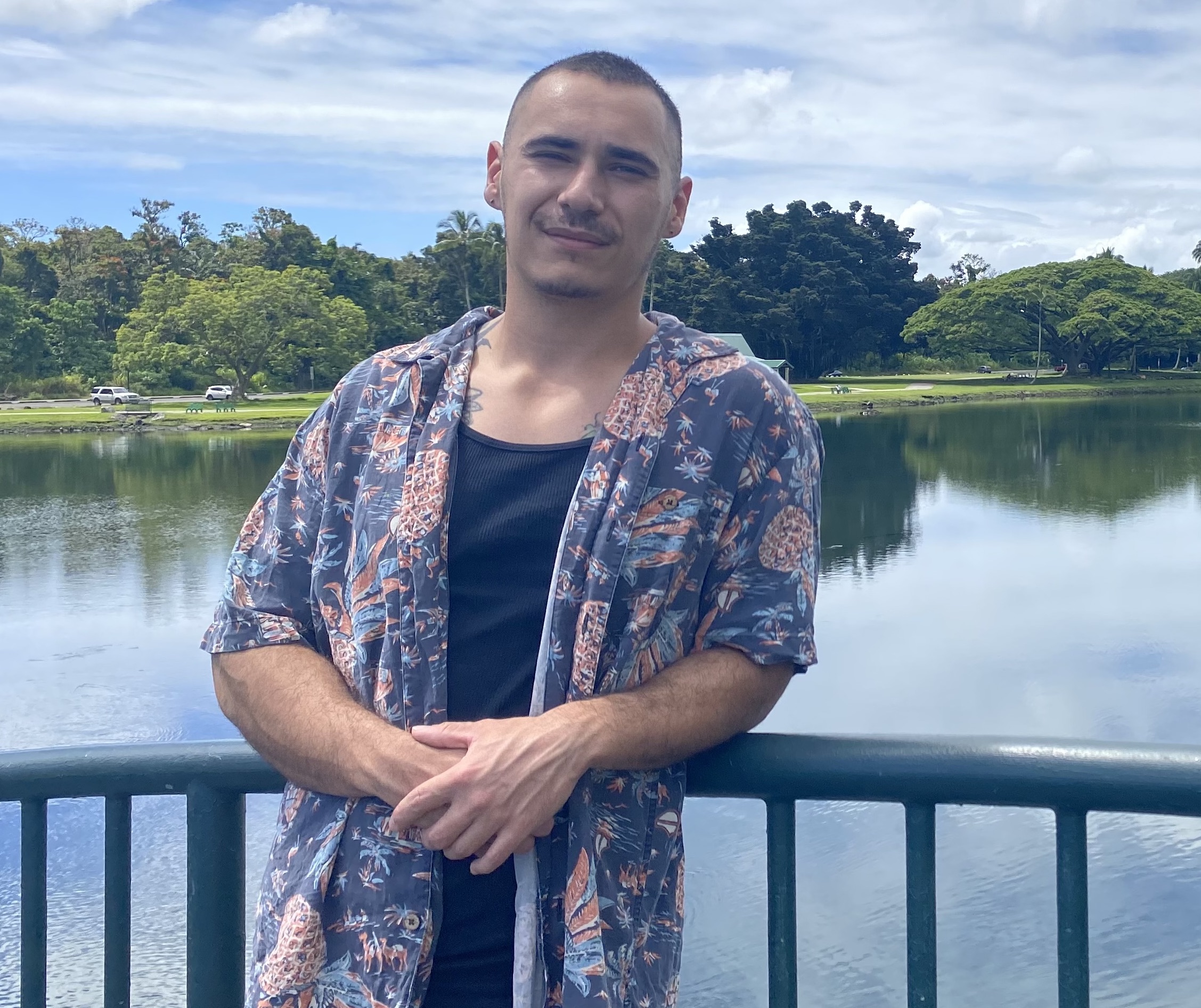 In particular, I am trying to understand what flow information is effectively encoded in these basal interactions, and how this might result in a seismic signal that can be safely measured from a distance.
In particular, I am trying to understand what flow information is effectively encoded in these basal interactions, and how this might result in a seismic signal that can be safely measured from a distance.